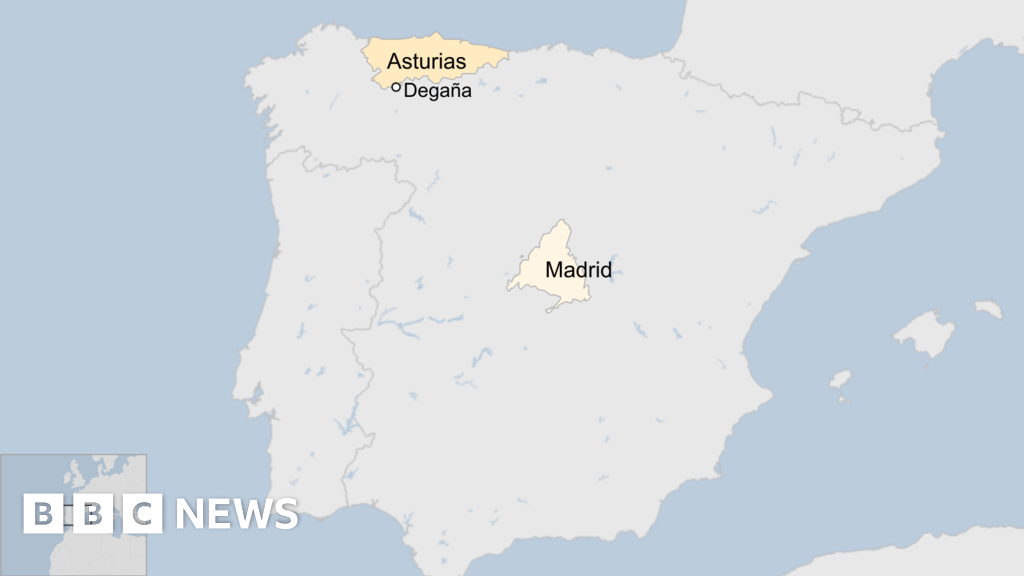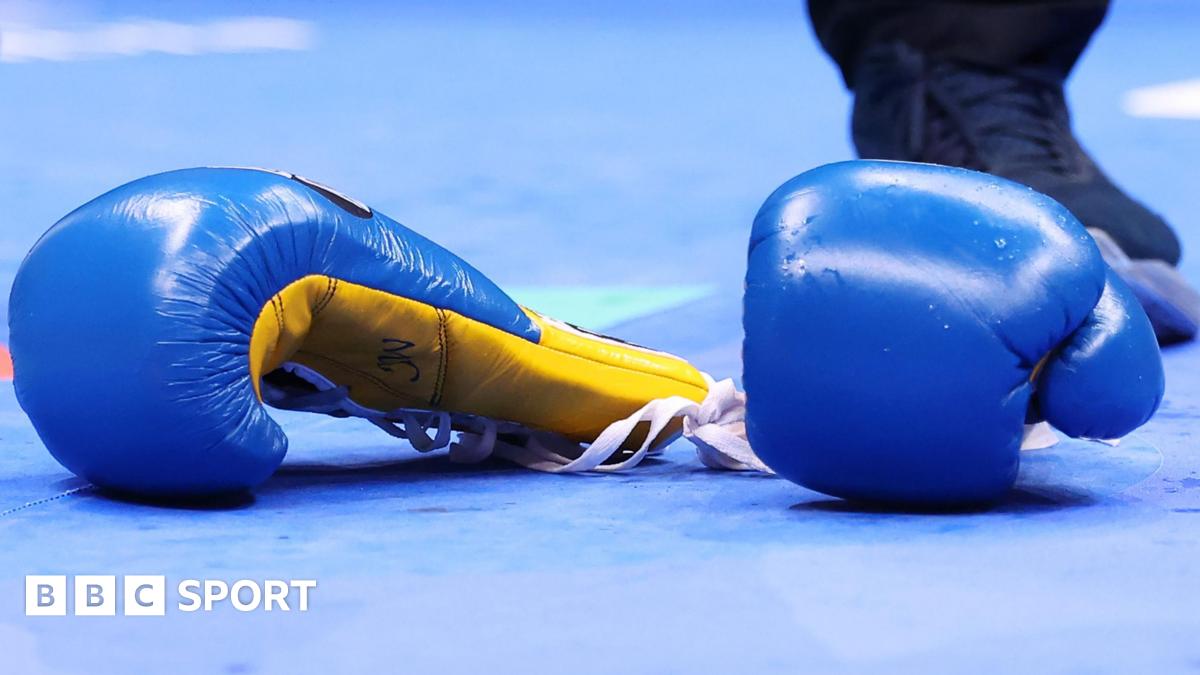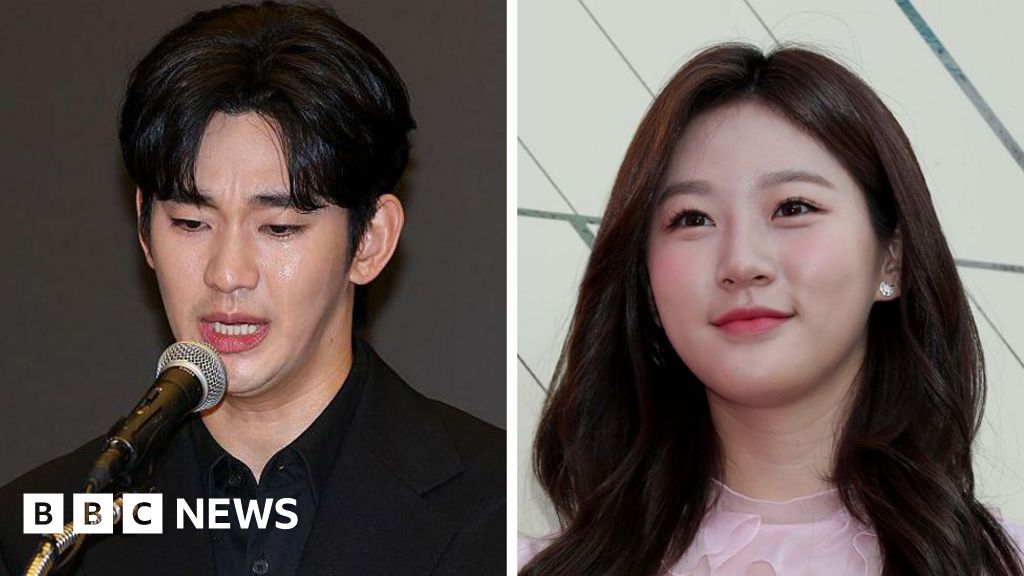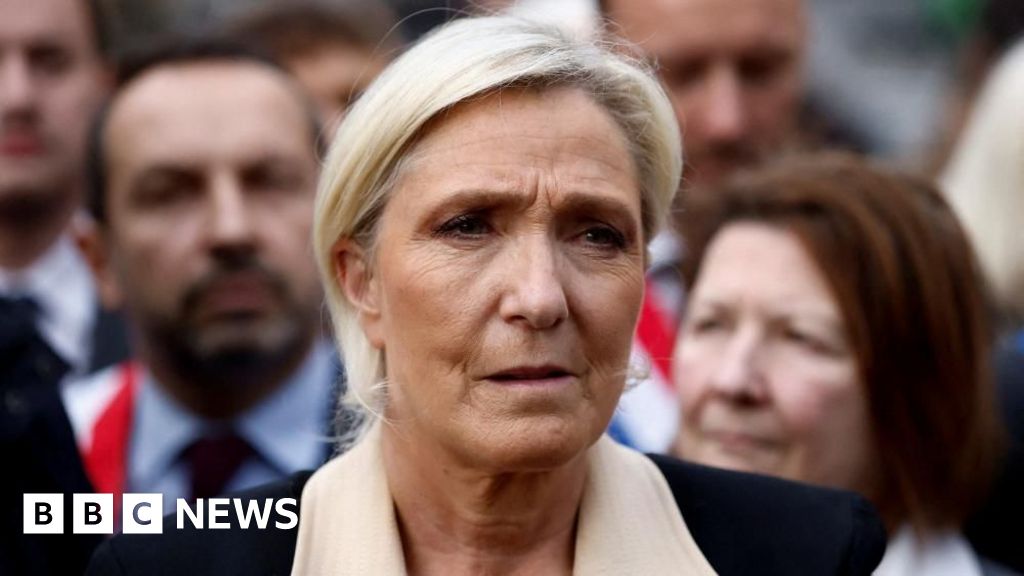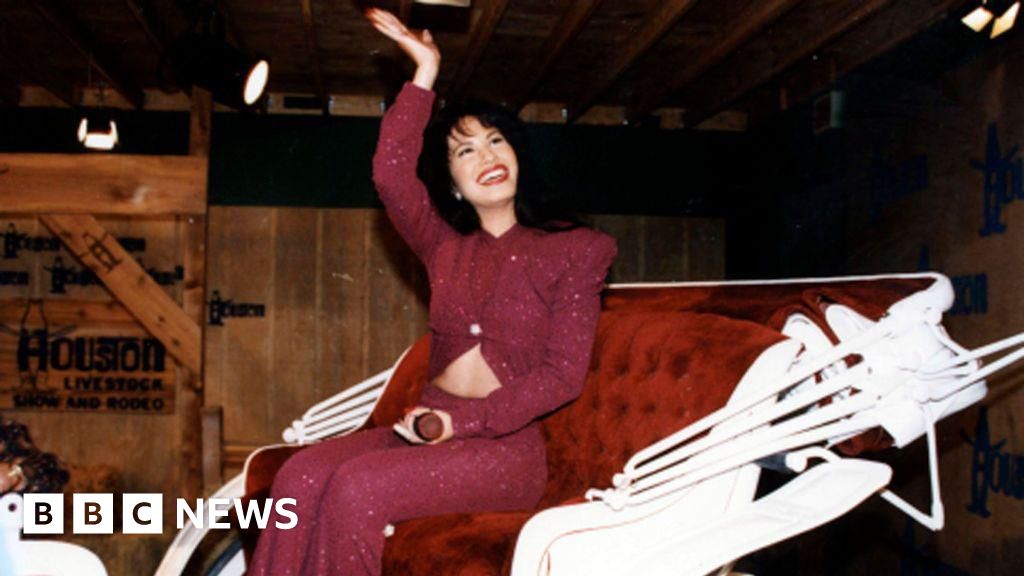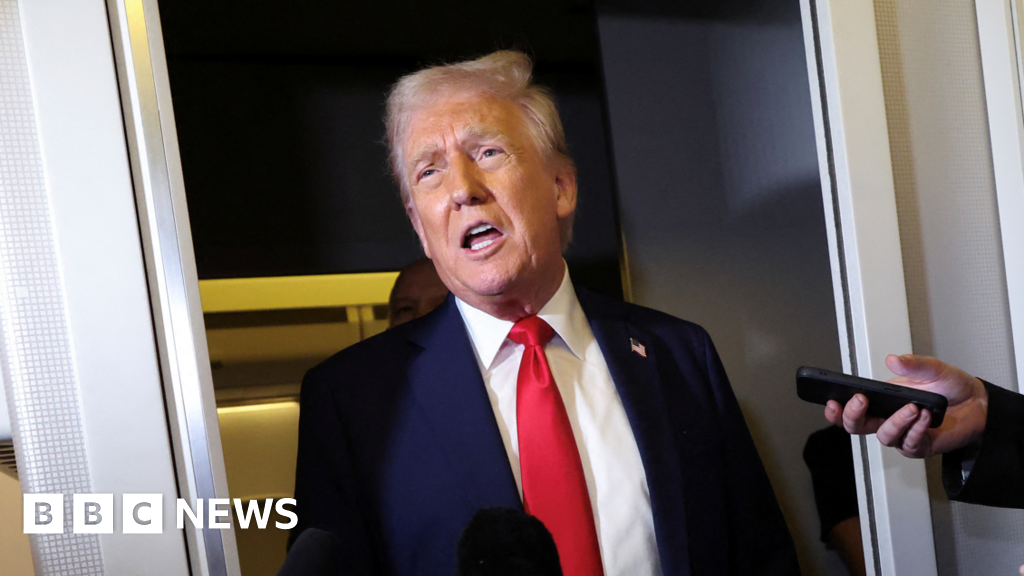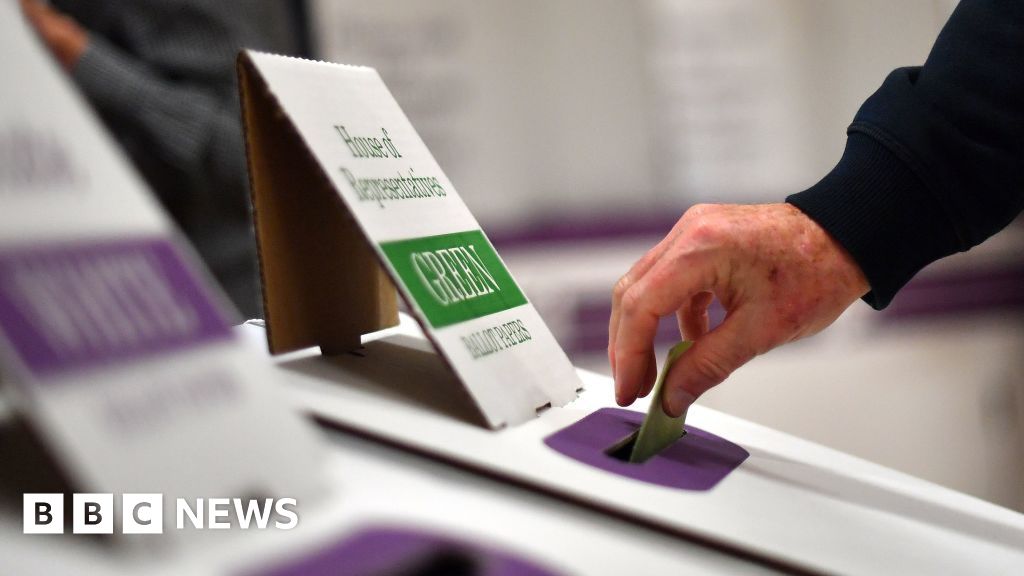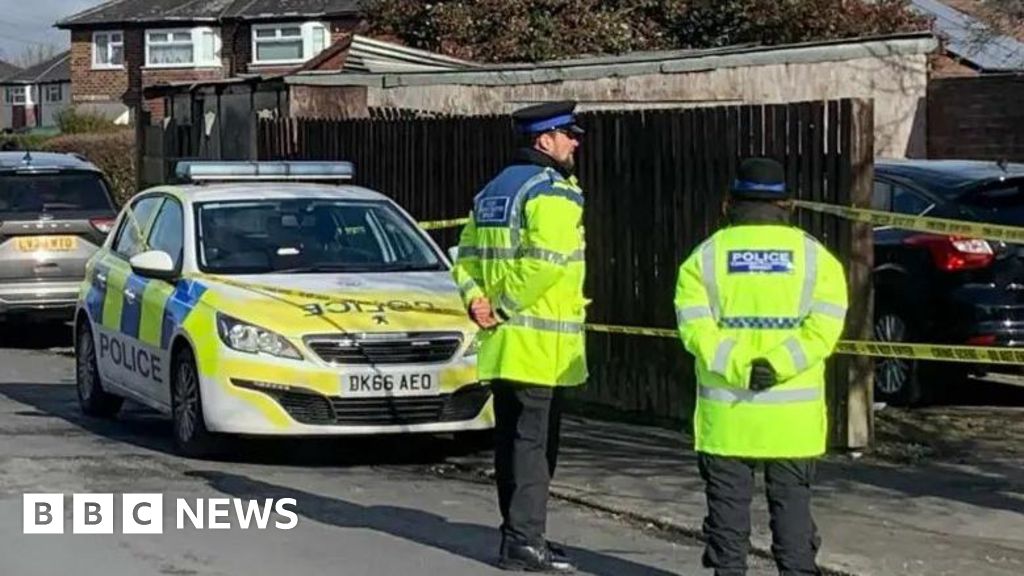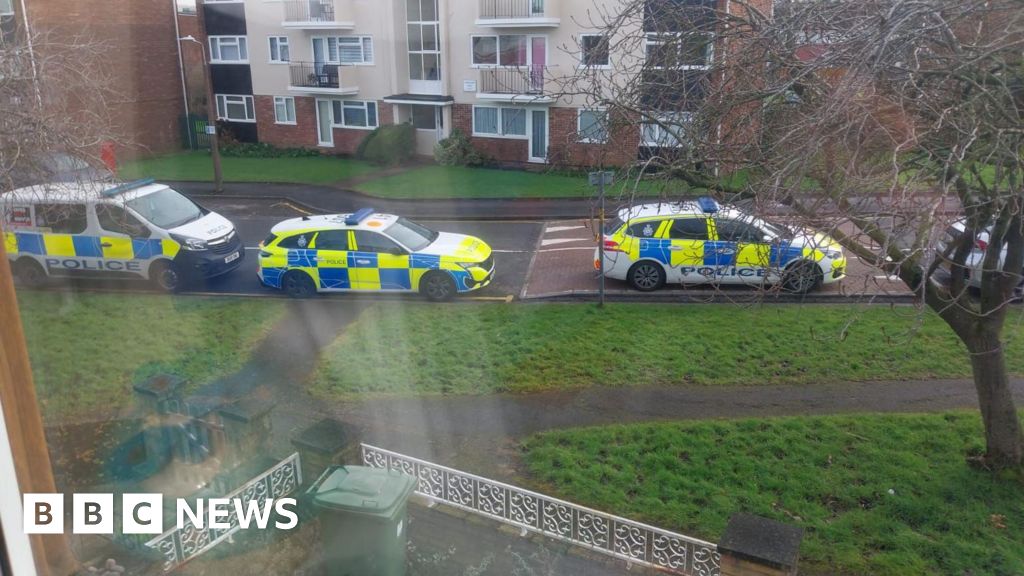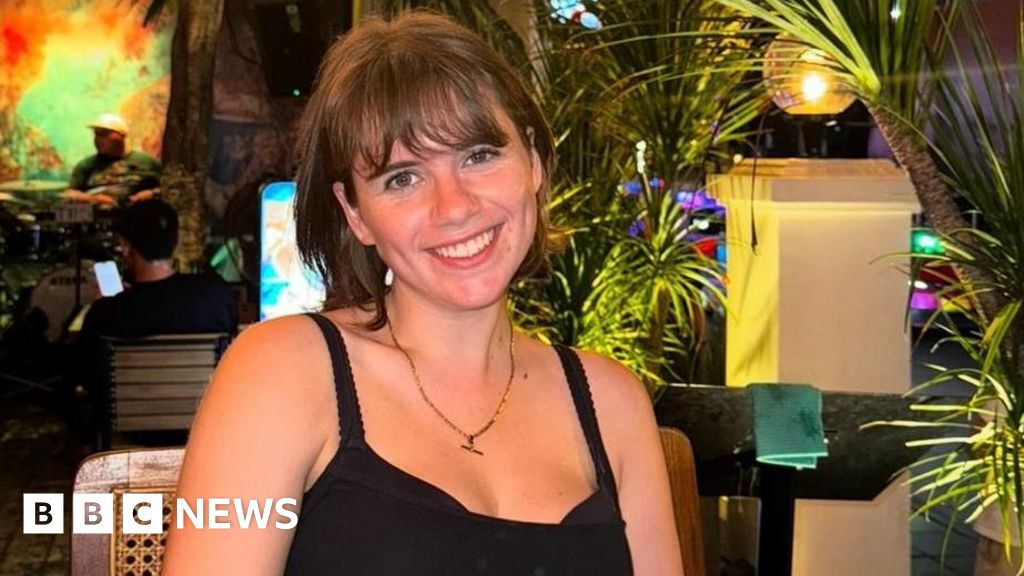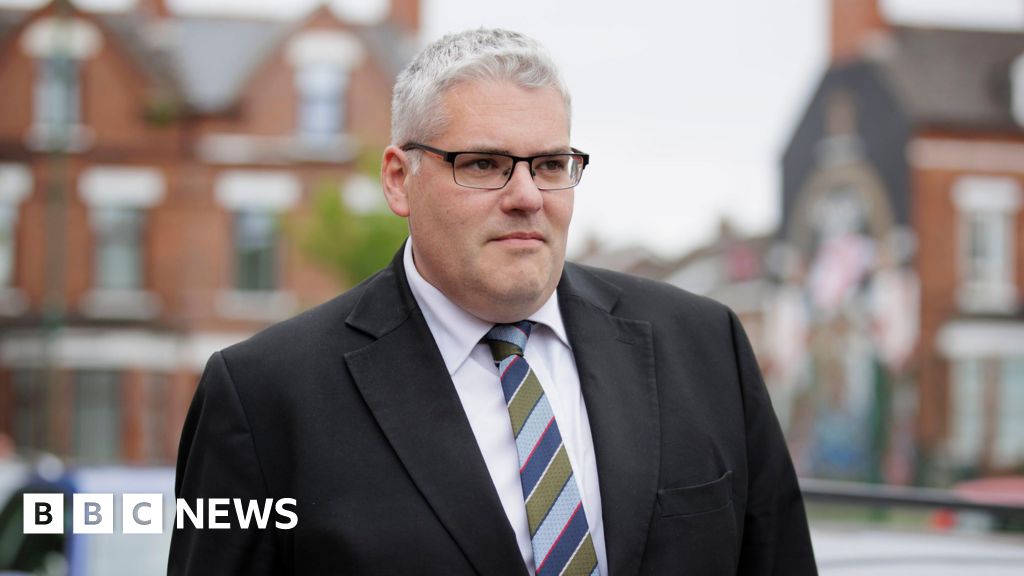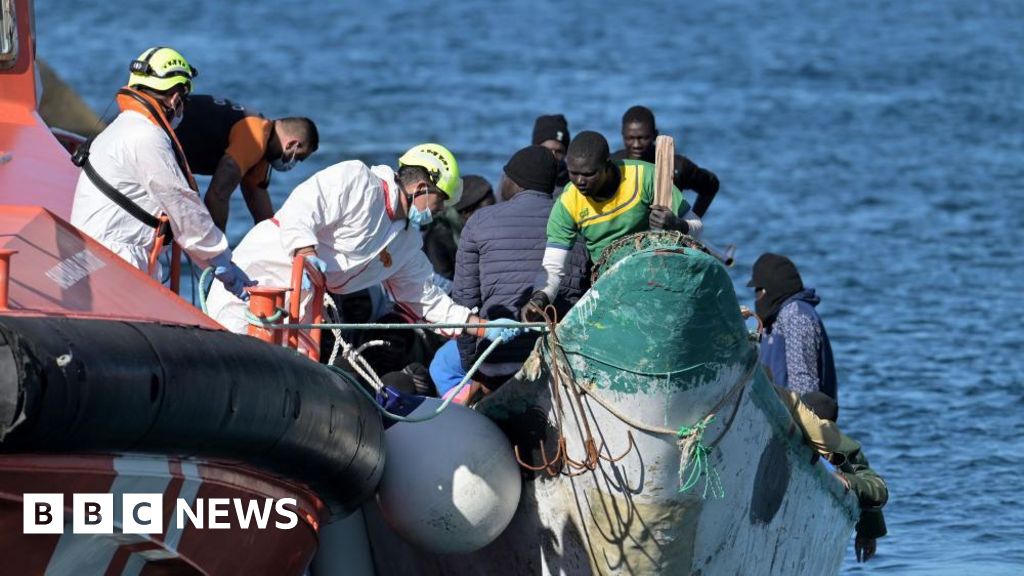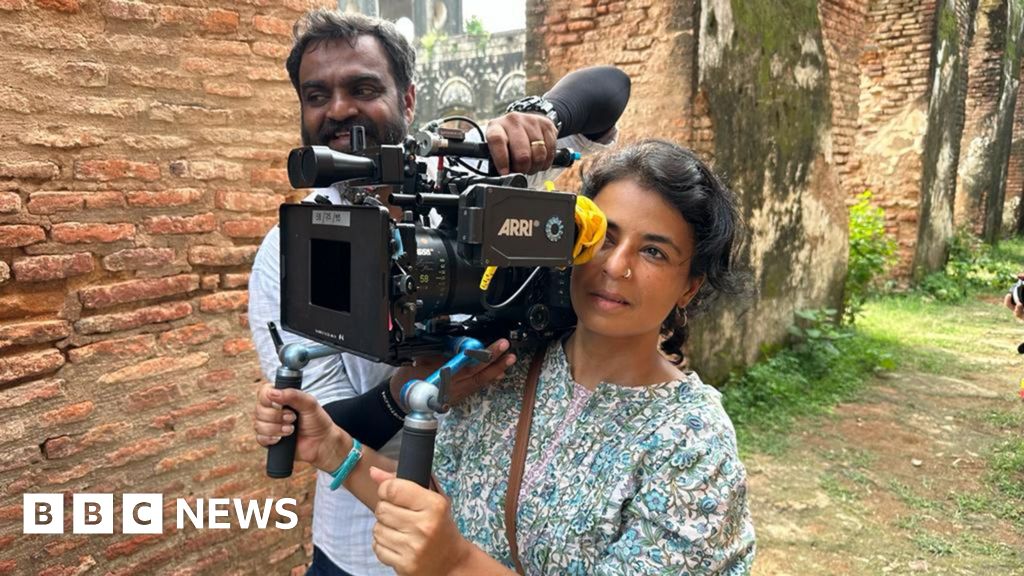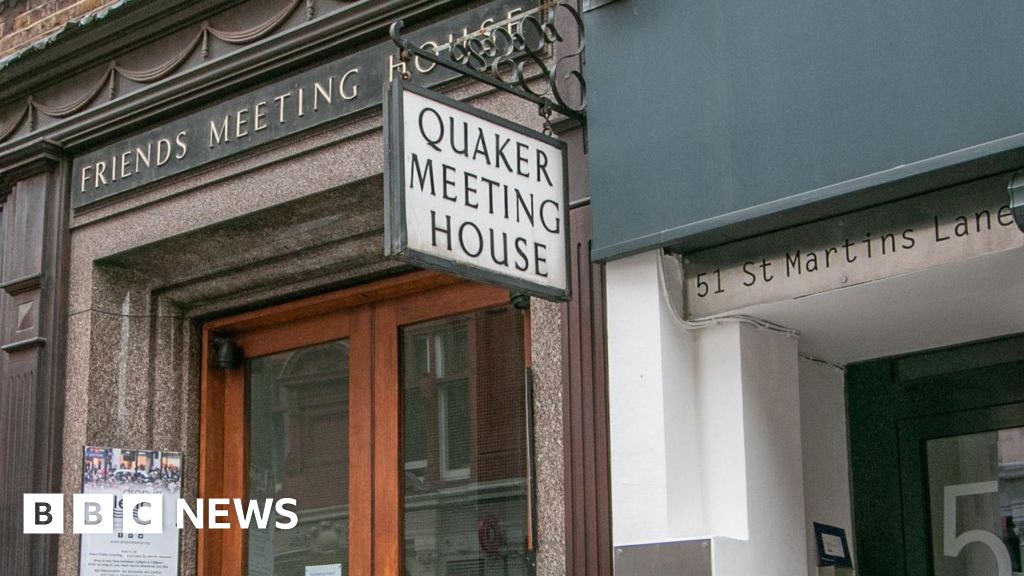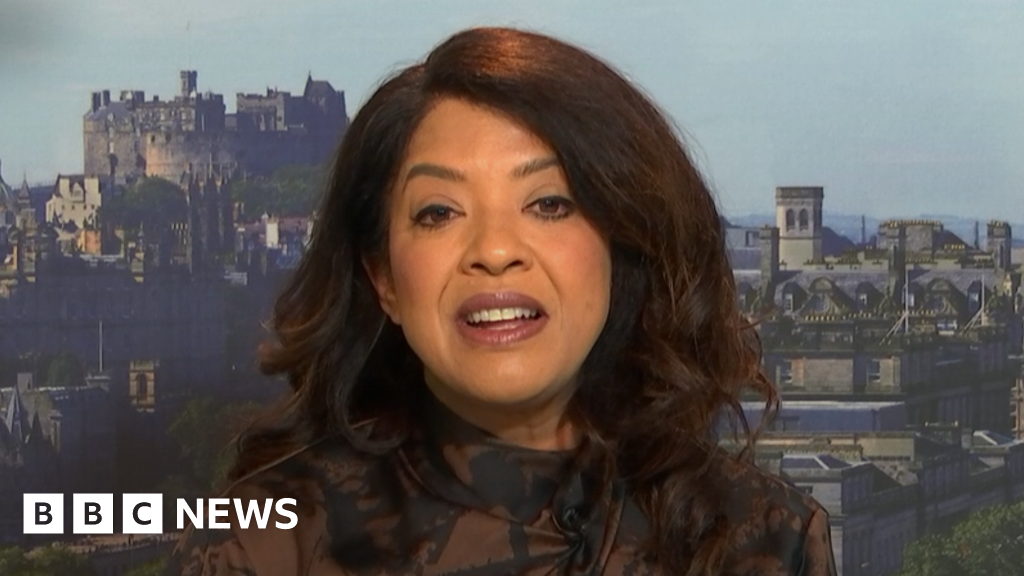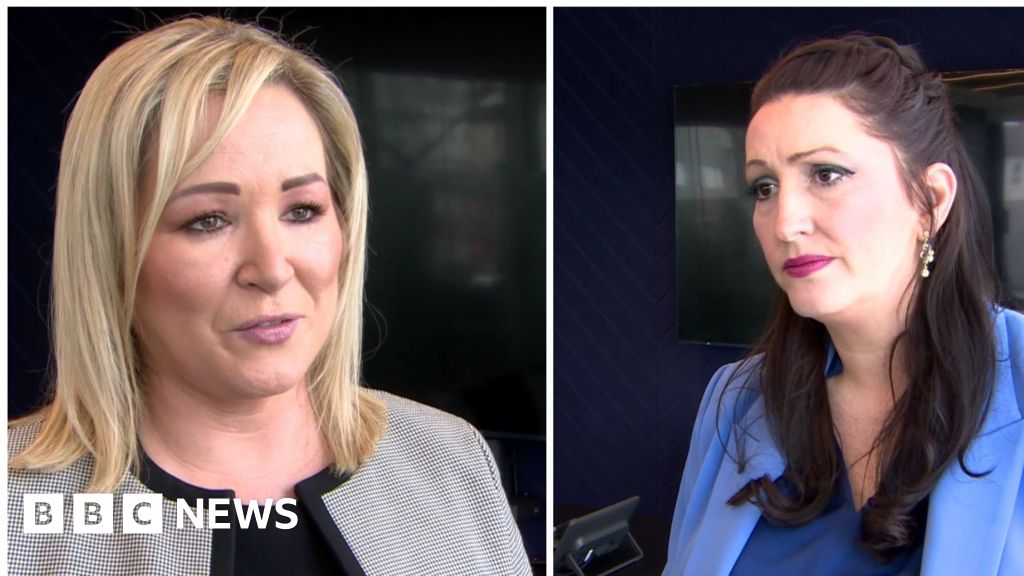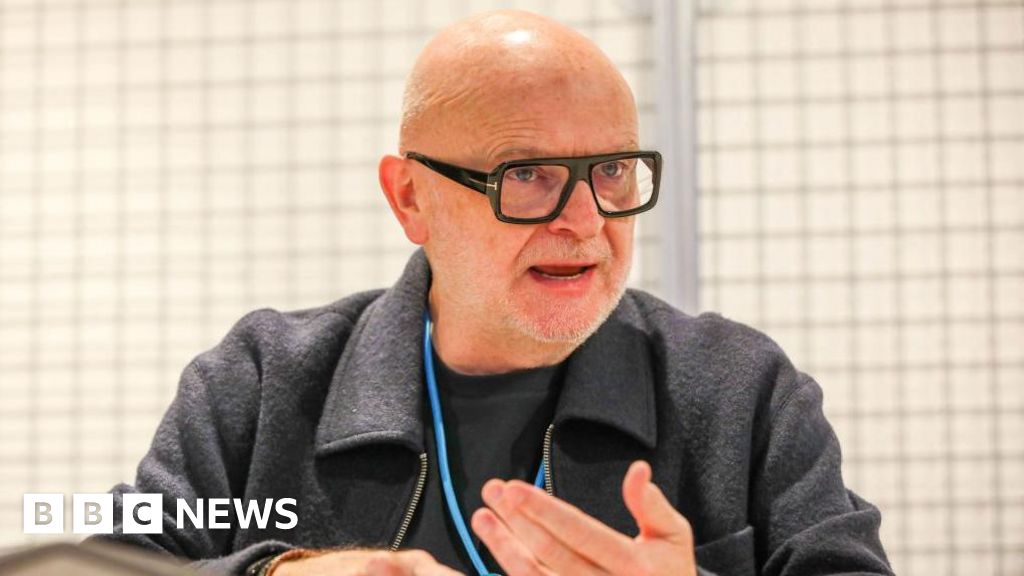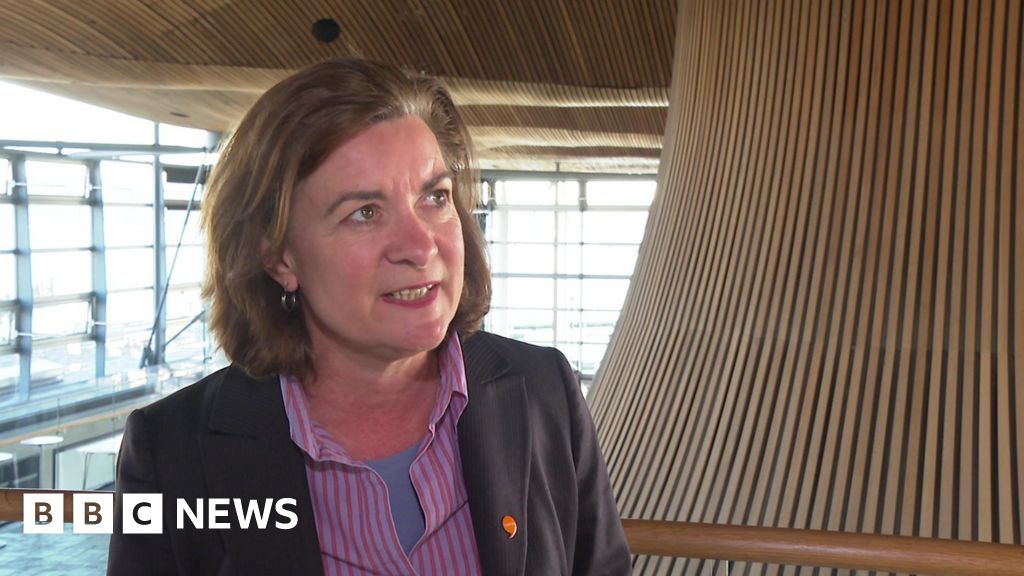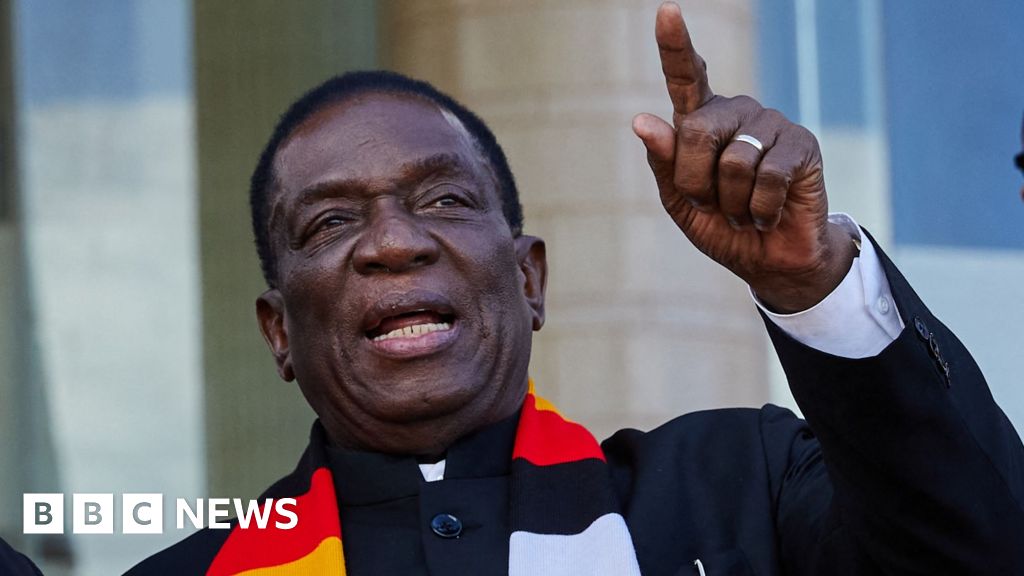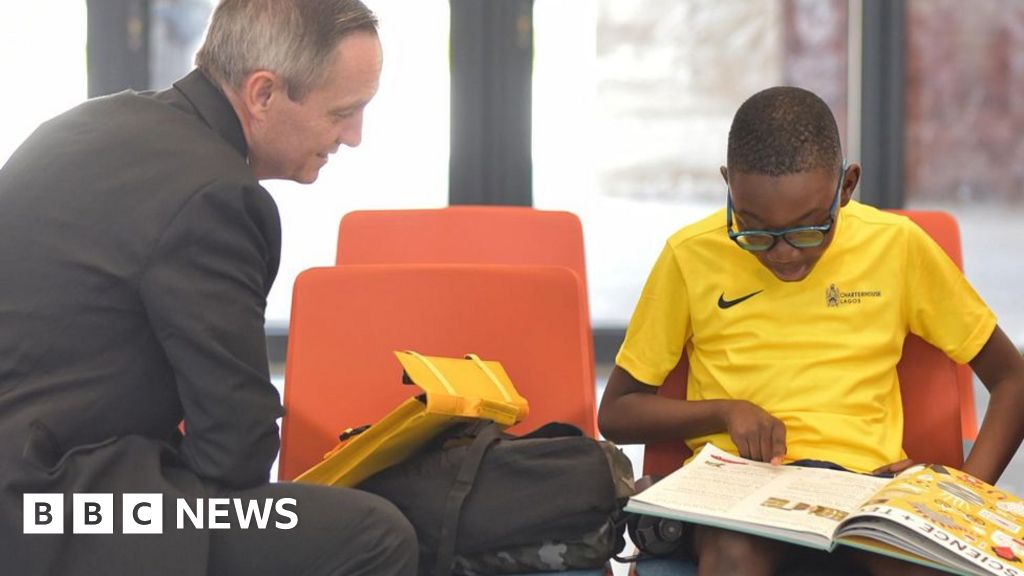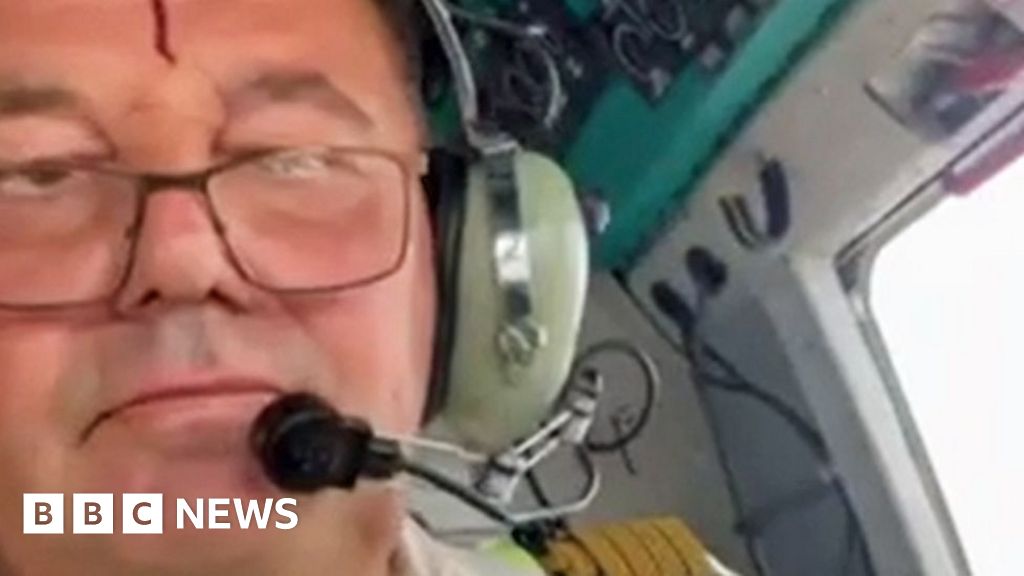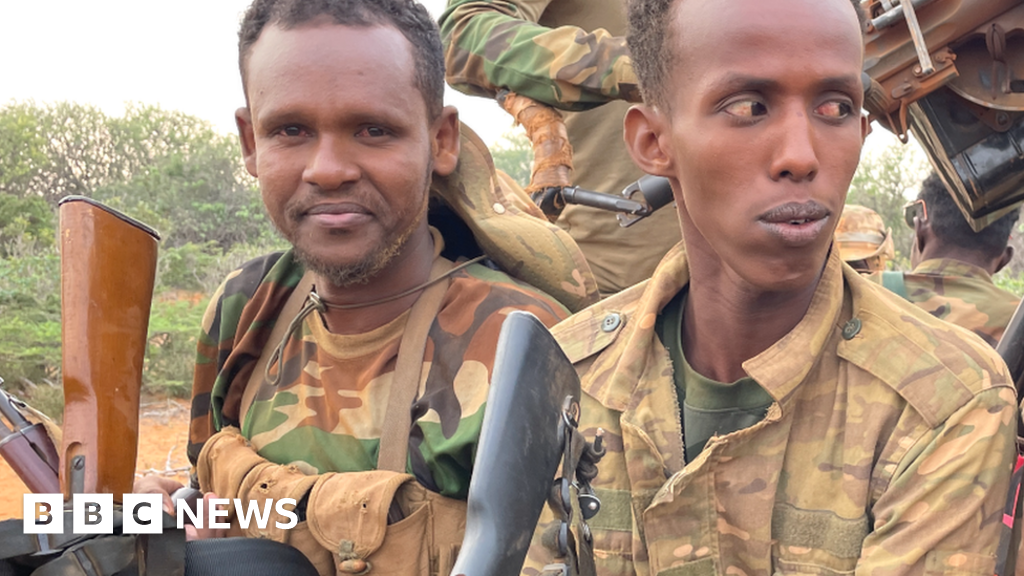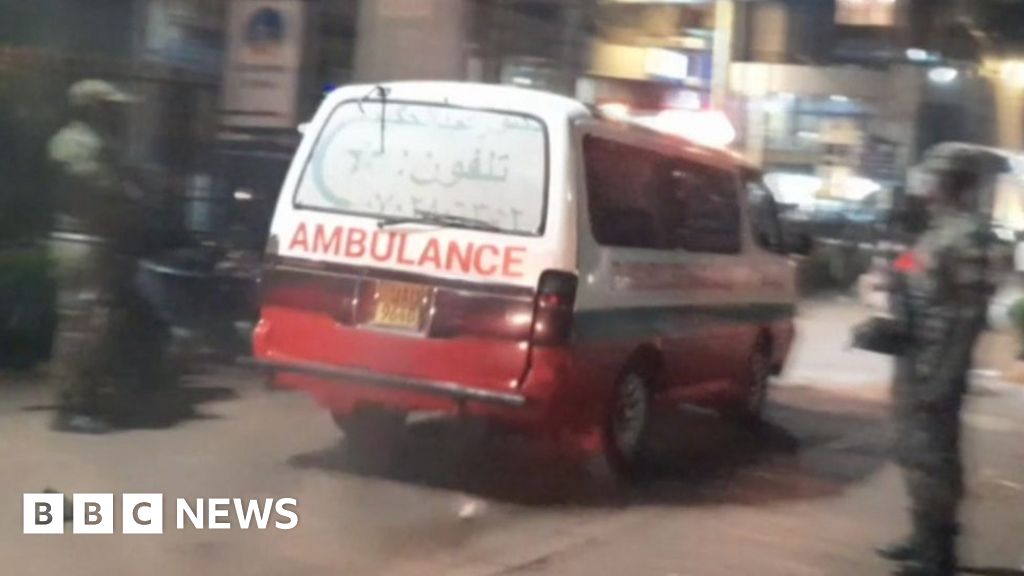Zimbabwe’s President Emmerson Mnangagwa has appointed a new army chief ahead of planned protests on Monday, called by a group of war veterans who want to force the president to resign.
The former major general, Emmanuel Matatu, takes over with immediate effect.
President Mnangagwa has faced calls from his former supporters to step down citing mismanagement and corruption.
Earlier this week Mnangagwa abruptly retired his army chief, Lt Gen Anselem Sanyatwe, appointing him sports, arts and culture minister.
Matatu, reportedly 72 years old, is a veteran of the 1970s liberation war that is still a huge factor in Zimbabwean politics.
He trained in Zambia as a member of Zimbabwe People’s Republic Army (Zipra) – one of two rival guerrilla forces who fought white-minority rule in the then Rhodesia.
Zipra was the armed wing of Zapu – led by Joshua Nkomo – as opposed to the Zanu party of Robert Mugabe and Emmerson Mnangagwa. After independence, the two groups merged to form Zanu-PF, which has been in power ever since.
Matatu is seen as a loyalist of the current head of the Zimbabwe Defence Forces (ZDF), Philip Valerio Sibanda, also an ex-Zipra war veteran.
It is likely that Gen Sibanda is consolidating his control of the army which would suit President Mnangagwa and make him feel safer because he trusts the ZDF commander.
The ZDF was previously led by the man who is now Vice-President, Constantino Chiwenga.
The faction of the war veterans calling for Monday’s protests has called for Chiwenga to take over the presidency.
According to the state-owned Chronicle newspaper, Matatu’s promotion is part of an ongoing effort to strengthen the leadership of the country’s defence forces.
Due to his ruthless reputation, Emmerson Mnangagwa goes by the nickname “The Crocodile”.
He became president in 2017 following a coup against long-time leader Robert Mugabe, and is currently serving his second and final term, which expires in 2028.
Trouble began brewing during Zanu-PF rallies last year after reports that Mnangagwa wanted to extend his stay in office.
Despite a recent assurance from Mnangagwa that he did intend to step down in three years, many remain unconvinced.
The criticism about his leadership from within his party and accusations that he intends to cling to power evoked memories of the lead-up to the coup that toppled Mugabe.
While it’s not clear how much public support the veterans have for their planned protests, the security minister has warned Zimbabweans against taking part in the demonstrations.
The police have announced a four-day ban around the capital on the carrying of weapons or any instruments that can be used to cause violence.


